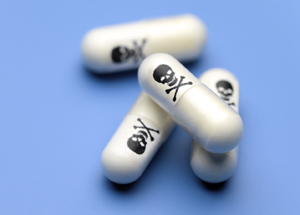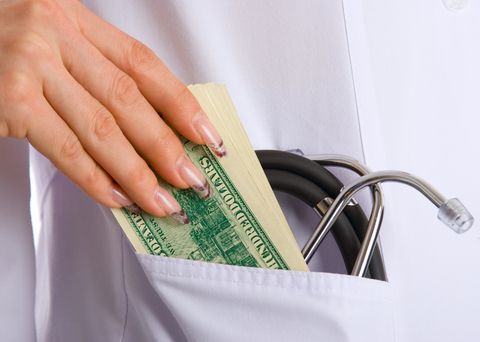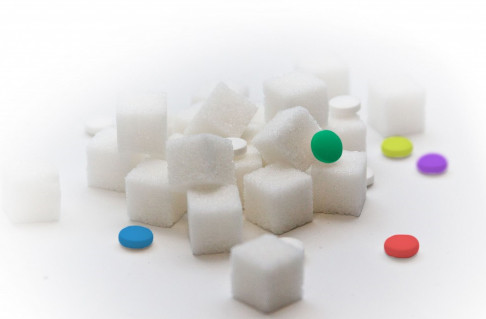
Be Skeptical of Pharmaceutical Company Claims
Ben Goldacre’s TEDTalk describes the selective bias in research and publishing which strongly favors articles with positive outcomes. In my field of psychiatry, this bias is only the tip of the iceberg. In many cases, the articles are not even written by the scientists whose names appear on them. They are “ghostwritten” by drug company minions.
In my role as a medical expert in product liability lawsuits against drug companies, judges have empowered me to dig into the otherwise secret interiors of drug company data vaults. The following observations have been generated during my forensic investigations and have been documented in my books and scientific articles.




